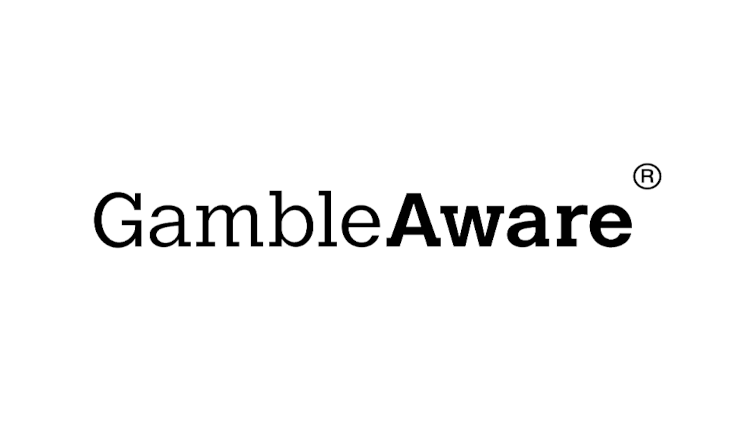GambleAware’s campaign to convince more operators to give customers more flexibility in determining their deposit limits has received some clout thanks to the findings published by the Behavioural Insights Team (BIT).
The BIT study involved 1,700 bet365 customers and sought to determine if behavioural adjustments at the sign-up stage would change customers’ playing habits. The objective was to provide effective data on player risk reduction.
The trial examined whether the current ‘design of deposit limits’ has any bearing on gambling behaviours. The BIT research team analysed the data to determine whether the psychological effects of ‘anchoring’ were significant in player wagering habits once deposit limits were set.
The bet365 participants signed up to three separate deposit limit variants. The first was a ‘business as usual’ version, with the current deposit limit setting tool. The second was a dropdown menu that displayed low-value deposit suggestions, with an upper limit of £250 and a text field for customers to fill in a larger amount. The third was an open deposit amount where customers have a text box where they can type in any amount.
When contrasted against a ‘control group’, the research showed that the absence of high deposit limit options almost halved the average daily deposit limit set by players.
BIT’s findings determined that deposit limits were 46% lower with the free text box option alone and 45% lower with the lower deposit suggestions.
BIT’s resulting recommendation is that operator deposit tools should be offered as a blank textbox, with no ‘pre-set values’, offering the customers flexibility in choosing limits. The behavioural analysis appears to prove that the industry could ‘improve the harm-reduction efficacy of deposit limit tools, without constraining choices for the consumer’.
“This report is the culmination of a huge amount of detailed work by the team at BIT,” said Rosanna Barry, BIT Consumer Markets Principal Advisor
“It shows how seemingly superficial changes to the way that gambling sites offer deposit tools, if implemented across the industry and for all customers, will deliver large benefits to individuals who gamble and society as a whole, without constraining customer choice.”
GambleAware has offered the findings to the UK Gambling Commission (UKGC). BIT has stated that additional research is needed regarding the ‘anchoring elements’ of gambling.
In the wake of the BIT study, GambleAware has pressed the UKGC to offer blank textbox deposit limits as the preferred mechanism of its Licence Conditions and Codes of Practice.
Tim Miller, the Executive Director of Research and Policy at the Gambling Commission, stated, “This is an important study that uses experiences from real consumers to find what actually works to reduce the harms that can come from gambling. Importantly, it provides practical options for how gambling operators can strengthen the tools they provide to protect consumers from harm.
“These are also issues we are seeking responses on through our remote customer interaction consultation and call for evidence, which closes next month.”

Guides and Feature Articles Similar to this Topic










